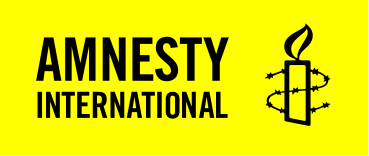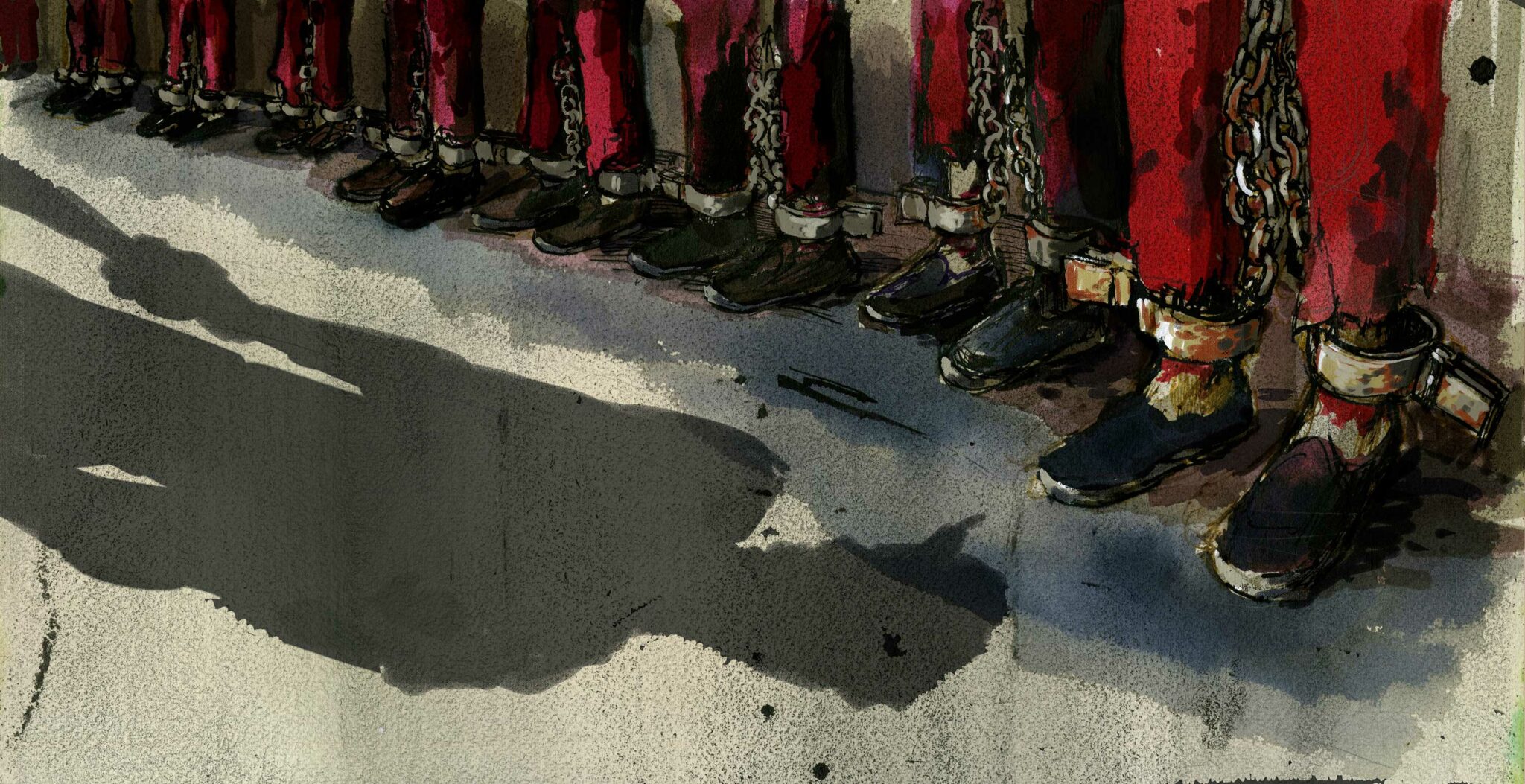Allegations of sexual violation and violations of reproductive rights
Journalists and other organizations have reported several accounts of rape and other sexual violence in the internment camps. [[[Amie Ferris-Rotman, The Washington Post, “Abortions, IUDs, and sexual humiliation: Muslim women who fled China for Kazakhstan recount ordeals,” 5 October 2019 →; The Rights Practice, “Invisible Pain: Sexual and gender-based violence in Xinjiang,” November 2020 →]]] Two former detainees – a woman and a man – reported being raped while in the camps. [[[Matthew Hill, David Campanale, and Joel Gunter, BBC News, “’Their goal is to destroy everyone’: Uighur camp detainees allege systematic rape,” 2 February 2020 →; Steve Chao, Al Jazeera, “Exposed: China’s surveillance of Muslim Uighurs,” 1 February 2019 →.]]] A former teacher held in a camp reported witnessing other detainees being raped by police in camp. [[[David Stavrou, Haaretz, “A Million People Are Jailed at China’s Gulags. I managed to Escape. Here’s what Really Goes on Inside: Rape, torture and human experiments. Sayragul Sauytbay offers firsthand testimony from a Xinjiang ‘reeducation camp’,” 17 October, 2019 →]]] Another former teacher reported that camp guards shared stories of multiple rapes of detainees by officials in the camps, including mass rapes. [[[Ruth Ingram, The Diplomat, “Confessions of Xinjiang Camp Teacher,” 17 August 2020 →]]] Another former detainee’s testimony about being raped in a camp was reported by a human rights investigator. [[[Human Rights Watch, “‘Break Their Lineage, Break Their Roots,’: Crimes Against Humanity Targeting Uyghurs and Other Turkic Muslims,” 19 April 2021 →]]] Amnesty International did not hear any first-hand accounts of rape; however, Raziya told Amnesty that she spoke with a friend who said she had been raped repeatedly by internment camp guards.
I was terrified when I found out that I would be sent to a facility, because my neighbour, who was in her 20s, was at a camp, and she and I had a drink and she shared her secrets. She said she was raped and forced to have an abortion… She told me that she said several Han people raped her, that ‘two held my hands, two held my legs and one raped me’. [[[Amnesty International interviews.]]]
Other reports describe gender-based violence in the form of violations of sexual and reproductive rights. [[[Amy Qin, New York Times, “China Targets Muslim Women in Push to Suppress Births in Xinjiang: In Most of China, women are being urger to have more babies to shore up a falling birthrate. But in Xinjiang, they ar being forced to have fewer,” 12 May 2021 →]]] The Chinese authorities’ interference in the reproductive choices of Uyghur and other ethnic minority women, as well as Han women, has been well documented. [[[The Rights Practice, “Invisible Pain: Sexual and gender-based violence in Xinjiang,” November 2020 →]]] Journalists have reported that ethnic minority women in Xinjiang are regularly forced to undergo insertions of intrauterine contraceptive devices, pregnancy checks, sterilizations, and abortions in an attempt to restrict their birth rates. [[[The Associated Press, “China cuts Uighur births with IUDs, abortion, sterilization,” 29 June, 2020 →; Simina Mistreanu and Roxi Pop, The Independent, “ ‘The pain hasn’t gone away’: Women of Xinjiang reveal horror of China’s brutal campaign of forced abortions and imprisonment,” 16 October 2020 →]]] Kuanish, a former detainee, told Amnesty how, a year or so before he was sent to a camp, his wife was forced to have an abortion:
My wife was seven months pregnant… the law was if you have more than two kids then you have to pay [a fine], and if you can’t pay there is prison… I told them I could pay the fine. They said no, we better just take the baby out and have an abortion… So they took her to hospital and did an abortion. They put the body in a plastic bag… I took my sons and we buried it. [[[Amnesty International interviews.]]]
Darkhan, told Amnesty that, in 2017, they, along with other government officials and security officers pressured and intimidated women who violated family planning policies to have abortions:
It would be discussed in a meeting that a woman was hiding her pregnancy… Then cadres from the [family planning agency] would take the woman to the hospital to have an ultrasound. Once it was confirmed [that a woman was pregnant] we would go to her house… Auxillary police and cadres… 7-8 people… We would tell [the woman] that they would get punished [if they did not have an abortion]… in truth, we threatened them… all of them wanted to keep their babies… then we would show our muscles… the police would say if you don’t [have an abortion] then we will send you to detention… [The woman all] cried…. We forced them… I didn’t go to the hospital, but I went to their houses. We would stay and comfort the family… and we would visit after to see if they were angry.
Darkhan told Amnesty that the family planning policies had been in place for long time; however, after Chen Quanguo became party secretary in Xinjiang they were enforced differently. “Before you weren’t forced to have an abortion, you could pay a fine,” he said. [[[Amnesty International interviews.]]]
According to some former detainees interviewed by journalists, women held in internment camps were made to attend family-planning classes and were force-fed birth control pills, given contraceptive injections, or subjected to the forced insertion of intrauterine contraceptive devices. [[[Amie Ferris-Rotman, The Washington Post, “Abortions, IUDs, and sexual humiliation: Muslim women who fled China for Kazakhstan recount ordeals,” 5 October 2019 →; Asia News, 2019. Rape, abuse and sterilisation in XUAR’s ‘boarding schools’ for Uyghurs. →]]] Elnara told Amnesty that her husband was “forced” to come to her internment camp for a conjugal visit. After the visit she was made to take a pill that she was told prevented pregnancy. [[[Amnesty International interviews.]]]



